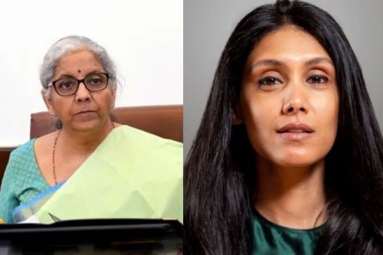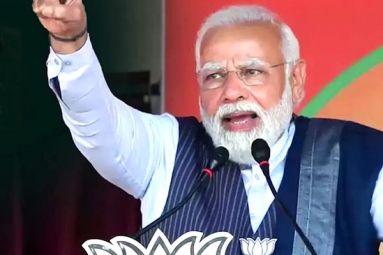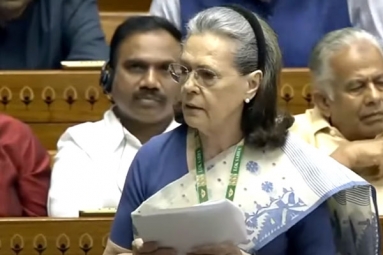
(Image source from: Women Help Women)
A great majority of women in India end their unwanted pregnancies by using counter abortion pills bought right from chemists instead of going to doctors.
The study, which is considered the largest on abortion in India since 2002 found that 63 percent in Tamil Nadu and 83 percent in Uttar Pradesh terminated their pregnancies by intaking pills.
According to study, the midpoint abortion rate per 1,000 women aged 15-49, is the highest in Assam at 66.2 and lowest in Tamil Nadu at 32.8.
The study titled 'Abortion and unintended pregnancy in six Indian states: Findings and implications for policies and programs', has been set by researchers at Guttmacher Institute, New York, International Institute of Population Sciences, Mumbai and Population Council, Delhi.
The study that emphases on one state in every region were conducted in Assam, Bihar, Uttar Pradesh, Gujarat, Madhya Pradesh, and Tamil Nadu.
Related content: C-Section Deliveries Nearly Doubled Worldwide Since 2000: Study
The study likewise highlights that all the recent reports on abortion in the country, as well as the National Family Health Surveys, have mainly underreported the problem of risky termination of gestations.
"This study fills a significant evidence gap on abortions in India as representative information on abortion incidence and access to abortion services in the country has been scarce," said Susheela Singh, vice-president of the Guttmacher Institute and lead researcher.
She further said: "There has not been a large-scale study of this size since 2002. In addition, the health care and policy context related to abortion has changed a lot since 2002; for example, use of Medical Methods of Abortion through drugs has increased."
Passage of the Medical Termination of Pregnancy Act in 1971 legalized abortion up to 20 weeks' pregnancy when it is essential to save a woman's life or protect her physical or mental well-being, and in cases of economic or social necessity, rape, contraceptive failure among married couples and fetal irregularity.
It also legalized terminations beyond 20 weeks in cases of life endangerment.
The Act specified that abortion services must be carried out by qualified doctors but access to legal abortion was extended by policy changes in 2002 and 2003 that permitted the use of Medical Methods of Abortion (MMA) for terminating pregnancies up to seven weeks' pregnancy.
The study, while stressing that a majority of abortions happen outside health centers, does not disclose whether they are carried out within the specified window.
Singh said while there were notable differences in the findings for the six states, two major findings cut across states, the first being, that in all six states, only a small proportion of abortions occur in health care facilities.
He further said: "And among facility-based abortions in five of the six states, Assam being the exception, a minority occur in the public sector, which is the main source of health care for rural and poor women."
The second is that the majority of abortions were attained using MMA and were not in health facilities.
"MMA is safe and effective when administered properly, but when it is provided outside of the formal health care sector, the quality of instructions and know-how of medications is often low," he said.
-Sowmya Sangam





















